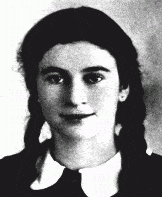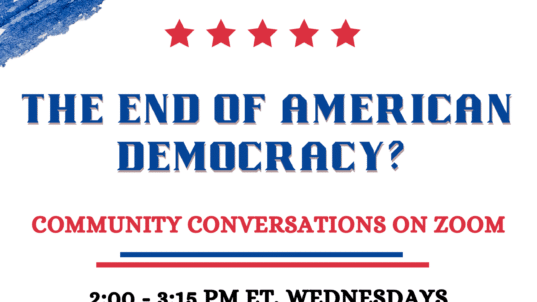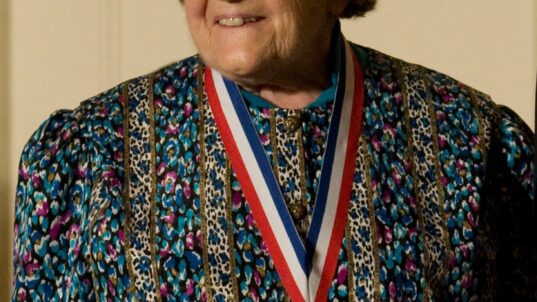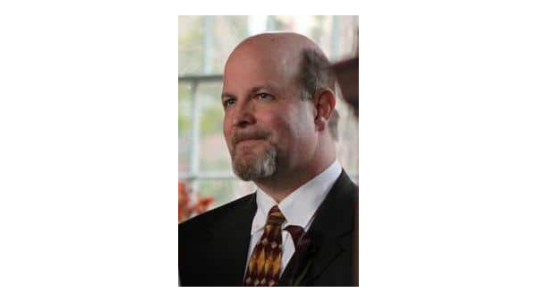
Gerda Weissman Klein, via the US Holocaust Museum
Gerda Weissmann was born to a Jewish family in Poland in 1924. She was 15 when the German army invaded. Gerda and her family were soon separated, with both of her parents sent to death camps. Since Gerda was young, she was forced into slave labor to manufacture materials needed by the German armed forces. When allied forces began to push the German army back, Gerda was one of 4,000 women who were forced to endure a 350-mile death march. She was one of the 120 women who survived the march.
When Gerda was liberated by U.S. forces, she was 21 years old. She weighed a mere 68 pounds and her hair had turned white. She had not washed in three years. One of the U.S. soldiers who freed her was Kurt Klein. He, too, was Jewish and had emigrated to the U.S. to escape the Nazis. And, unfortunately, he too had lost both parents to the Nazi’s genocide. Gerda and Kurt fell in love and married a year later.
Both Gerda and her husband lived a life of service. They formed The Gerda and Kurt Klein Foundation to teach tolerance, eliminate prejudice, and encourage community service. Gerda also authored several books with a focus on compassion. Their life has been the subject of a number of TV shows. Gerda was featured in the Oscar-winning documentary One Survivor Remembers. In her acceptance speech, she said,
I have been in a place for six incredible years where winning meant a crust of bread and to live another day. Since the blessed day of my liberation I have asked the question “Why am I here?”
I am no better. In my mind’s eye I see those years and days and those who never lived to see the magic of a boring evening at home.
On their behalf I wish to thank you for honoring their memory, and you cannot do it in any better way than when you return to your homes tonight to realize that each of you who know the joy of freedom are winners.
In 2008, Gerda and Kurt formed Citizenship Counts, a nonprofit that would continue their work by emphasizing civic education. In part of their mission statement, the Kleins state, “Citizenship Counts will engage today’s students in civics education, combined with active participation in a naturalization ceremony, to help ensure that the citizens of tomorrow will continue to foster tolerance, understanding, service to one another, and a greater responsibility appreciation for the privilege and responsibility of citizenship.” For her many contributions to American society, Gerda was presented with a Presidential Medal of Freedom by President Obama.
Just imagine if all of us had the same devotion to democratic citizenship as those who came to this country to be free from persecution. How are we protecting those who are dehumanized and excluded from our society in our own time? What if we listened to those who suffered the horrors of genocide so that we learned to practice the ideals of democratic citizenship in our daily lives? How might our society become more tolerant by honoring the memory of those who were taken in the Holocaust and using our freedom to protect those who are persecuted today?
* * *
“Ilse, a childhood friend of mine, once found a raspberry in the concentration camp and carried it in her pocket all day to present to me that night on a leaf. Imagine a world in which your entire possession is one raspberry and you give it to your friend.”—Gerda Weissmann Klein
This is part of our “Just Imagine” series of occasional posts, inviting you to join us in imagining positive possibilities for a citizen-centered democracy.



